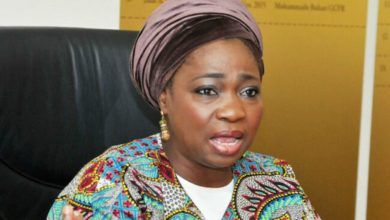NigComSat-1R: Nigeria intends to make the most of its satellite before it expires in three years.

Following over a decade of underutilization, Nigeria appears to be eager to resurrect its communication satellite, as seen by the recent actions of Jane Nkechi Egerton-Idehen, the recently appointed Managing Director of the Nigerian Communications Satellite.
This may, however, have come a little late as the 12-year-old NigComSat-1R satellite is to expire in the next 3 years. The satellite which has 15 years lifespan was launched in 2011 and is to reach its complete lifespan in 2026.
The satellite was launched with the hope that it would save Nigeria billions in foreign exchange by providing service for Nigerian telecom operators and broadcast stations.
It was also expected to help boost the country’s broadband penetration, but all has been a mirage since its launch as many businesses, including government agencies like the National Broadcasting Commission, NBC, have shunned the satellite over the years.
While the industry is awaiting her actions, the newly appointed CEO of the satellite company, Egerton-Idehen has been sharing what she described as her vision to transform the company.
According to her, NIGCOMSAT is now better positioned than ever to provide the nation with reliable internet services that will stimulate innovation and other advancements in the technology industry.
Talking tough during her maiden tour of the company’s facilities in Lagos, she boasted that NigComSat will double up on the ways it used to deliver services to the ICT sector, in order to match the aspirations of the present government on digital economy.
She assured that the satellite company would help the Ministry of Communications, Innovation, and Digital Economy to build the necessary infrastructure that will fasten the technological growth of the country.
Egerton-Idehen said the first step towards doing that would be to reposition the satellite company and put it in a position that will help to escalate broadband penetration to un-served and underserved areas of the country.





